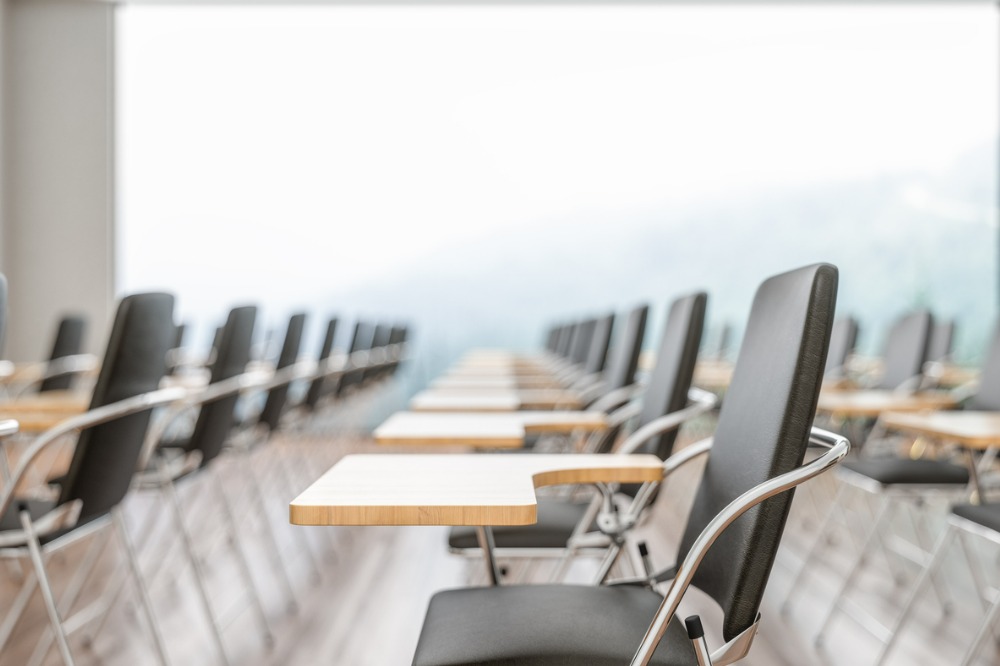
Teachers in NSW and Victoria are urging their governments to delay the start of Term 1 amid fears that staff and student safety will be put at risk because of the high number of COVID-19 cases.
Earlier this month, Queensland Premier Annastacia Palaszczuk announced that Term 1 would be pushed back to February 7, with the new start date applying to all state, catholic and independent primary and secondary schools and sessional kindies.
The South Australian Premier Steven Marshall has ruled out a delay to the start of Term 1, saying the state has the situation under control.
“I'm quite sure that the advice we have received from SA Health and the Education Department is the advice we need to be listening to,” Marshall said.
“It's going to be a disrupted start to term one, there is no doubt about that, but I do genuinely believe that we have got the middle course here in South Australia.”
Despite calls for a delay, teachers and students in NSW and Victoria are set to head back into the classroom for face-to-face learning on February 1
NSW Premier Dominic Perrottet has sought to assuage fears by saying NSW and Victoria are working closely together to create a plan that will ensure school environments are COVID-safe. Part of this plan, according to the Premier, is to make rapid antigen tests available for schools.
“We see a role of rapid antigen tests as we open up schools, and that's why we procured here in NSW tens of millions of them,” Perrottet said, adding that the testing kits will be available for “frontline service delivery” like students and teachers.
Meanwhile, the Federal Government says isolation rules for teachers who are close contacts of COVID-19 cases would be relaxed if they were asymptomatic and returned a negative test.
The announcement was slammed by the Australian Education Union (AEU), which called it “deeply offensive”.
“After flagging a national plan last week, today all the Prime Minister provided was an announcement that there would be another announcement, delivered within a frame that says schools must be open to provide a babysitting service for the broader workforce,” AEU federal president, Correna Haythorpe, told News.com.au.
“This is deeply offensive and shows no respect for the thousands of dedicated and professional teachers, principals and education support staff who have worked incredibly hard to provide a high-quality education during the extremely difficult circumstances of the pandemic.”
What the health experts say?
As the debate on whether to postpone the start of the school year continues, two health experts say a delay could cause more harm than good.
In an article recently published in the Conversation, Infectious Disease Paediatrician Robert Booy from the University of Sydney and Fiona Russell a paediatrician, infectious diseases epidemiologist, and vaccinologist from The University of Melbourne, laid out their case.
“We know the known harms of school closures: decline in mental health, increase in obesity and child abuse, impaired social development, and of course the loss of learning,” Booy and Russell wrote.
“The longer-term harms we don’t know, but may include poorer job prospects and shorter life-span. This is a critical issue moreso for children in Victoria and New South Wales. Yet two years into this pandemic, we’re again discussing whether schools should be prioritised for opening.”
Booy and Russell say children are not the main drivers of Omicron, pointing out that the 20–29 year old age group appears to be more adversely affected. Although, they note that with mobility patterns changing after the holiday period, the age distribution may change.
“Previous studies have found school staff are at no higher risk of infection than the general population. This may be due to mitigation measures being in place at school, such as social distancing and mask mandates,” they wrote.
“Before Omicron, evidence for school closures reducing community transmission was inconclusive. And with Omicron infection currently existing in all settings, it is uncertain school closures will be effective in combating its spread.”
Boou and Russell said that over summer, hundreds of thousands of spectators have been attending major sporting events, while nightclubs, gyms and karaoke bars remain open.
“To suggest schools cannot open while these events go ahead says a lot about how we value children’s education.”


